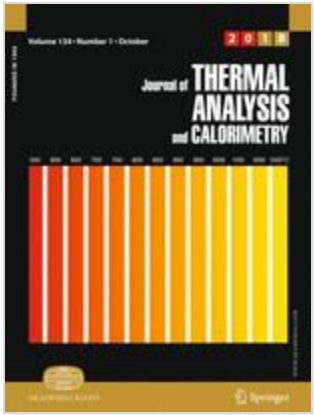We report the melting behaviour of a dipolar cyclic siloxane liquid: octamethylcyclotetrasiloxane (OMCTS) confined in three mesoporous silica matrices: Al-SBA-15, SBA-15 and CPG glasses, using differential scanning calorimetry and dielectric spectroscopy. We investigate the influence of acid sites on the adsorptive properties of mesoporous silica materials, which were synthesized by applying Pluronic-type polymers as pore-creating agents. Aluminosilicate matrices have been synthesized by direct synthesis procedure using aluminium chloride. These materials characterized by N2 sorption measurements, and the small-angle X-ray scattering data exhibit the same hexagonal P6 mm structure with a mean mesopores size of 4.6 nm (Al-SBA-15) and 4.9 nm (SBA-15). The controlled pore glasses used in this experiment have pores of mean diameter of 7.5 nm. For all systems studied, the OMCTS melting point in pores has been found to decrease with decreasing pore diameter. This result is in qualitative agreement with that obtained in molecular simulation where the adsorbate-wall interactions are weak compared to the adsorbate–adsorbate interactions.

